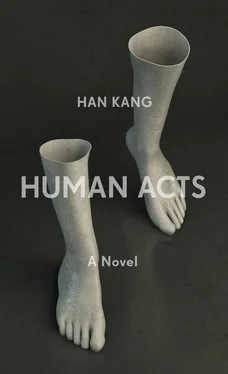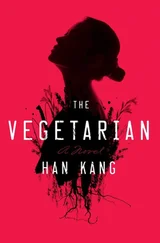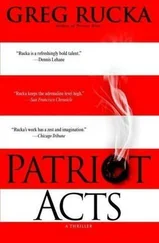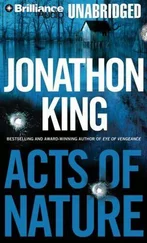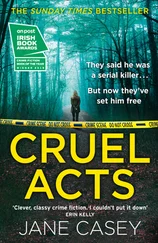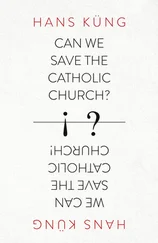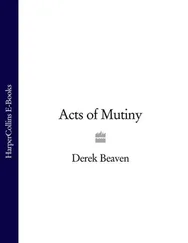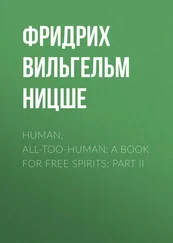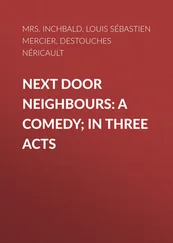Han Kang - Human Acts
Здесь есть возможность читать онлайн «Han Kang - Human Acts» весь текст электронной книги совершенно бесплатно (целиком полную версию без сокращений). В некоторых случаях можно слушать аудио, скачать через торрент в формате fb2 и присутствует краткое содержание. Год выпуска: 2016, Издательство: Portobello Books, Жанр: Современная проза, на английском языке. Описание произведения, (предисловие) а так же отзывы посетителей доступны на портале библиотеки ЛибКат.
- Название:Human Acts
- Автор:
- Издательство:Portobello Books
- Жанр:
- Год:2016
- ISBN:нет данных
- Рейтинг книги:4 / 5. Голосов: 1
-
Избранное:Добавить в избранное
- Отзывы:
-
Ваша оценка:
- 80
- 1
- 2
- 3
- 4
- 5
Human Acts: краткое содержание, описание и аннотация
Предлагаем к чтению аннотацию, описание, краткое содержание или предисловие (зависит от того, что написал сам автор книги «Human Acts»). Если вы не нашли необходимую информацию о книге — напишите в комментариях, мы постараемся отыскать её.
Human Acts
Human Acts — читать онлайн бесплатно полную книгу (весь текст) целиком
Ниже представлен текст книги, разбитый по страницам. Система сохранения места последней прочитанной страницы, позволяет с удобством читать онлайн бесплатно книгу «Human Acts», без необходимости каждый раз заново искать на чём Вы остановились. Поставьте закладку, и сможете в любой момент перейти на страницу, на которой закончили чтение.
Интервал:
Закладка:
At one o’clock in the afternoon, while the speaker in front of the Provincial Office was playing the national anthem, the soldiers opened fire. I’d been standing in the middle of the column of the demonstrators, but when the bullets came flying, I turned and ran. That sublime feeling that I’d been tapping into, that enormous heart I’d felt briefly a part of, was smashed to pieces, strewn over the ground as so much rubbish. And the gunfire wasn’t only in the square; snipers were also positioned on the roofs of the surrounding buildings. Beside me and in front of me people crumpled to the ground, but I kept on running. Only when I was sure I’d left the square far behind did I let myself stagger to a stop. I was so out of breath I genuinely thought my lungs would burst. My face a mask of sweat and tears, I sank to my knees on the steps leading up to a shop door. Its shutters were down. A small group had gathered in the street, and I heard them talking about raiding the police stations and reserves barracks to get guns. They were clearly made of much sterner stuff than I was. We’re sitting ducks like this. They’ll gun us down, the lot of us. Paratroopers even broke into the houses in my area. I was so scared I slept with a kitchen knife by my pillow. Shooting hundreds of rounds like that in broad daylight — I’m telling you, the world’s gone mad!
One of them jogged off to fetch his truck, and I stayed there slumped on the steps until he drove back. I thought about whether I really had it in me to carry a gun, to point it at a living person and pull the trigger.
It was already late at night by the time the truck I was riding in returned to the centre. We’d twice taken a wrong turn, and when we’d got to the barracks we’d found that the guns had already been looted, so it turned out to be a wasted trip. In the meantime, I had no way of knowing how many had fallen in the street fighting. All I remember is the entrance to the hospital the following morning, the seemingly never-ending line of people queuing up to give blood; the doctors and nurses striding through the blasted streets, white gowns bloodstained, hands gripping stretchers; the women who handed up stale rice balls, water and strawberries to the truck I was riding in; the strains of the national anthem, and ‘ Arirang ’, which everyone was singing at the top of their voice. Those snapshot moments, when it seemed we’d all performed the miracle of stepping outside the shell of our own selves, one person’s tender skin coming into grazed contact with another, felt as though they were rethreading the sinews of that world heart, patching up the fissures from which blood had flowed, making it beat again. That was what captured me, what has stayed with me ever since. Have you even known it, professor — that terrifying intensity, that feeling as if you yourself have undergone some kind of alchemy, been purified, made wholly virtuous? The brilliance of that moment, the dazzling purity of conscience.
It’s possible that the kids who stayed behind at the Provincial Office that day experienced something similar. Perhaps they would have considered even death a fair exchange for that jewel of conscience. But no such certainty is possible now. Kids crouching beneath the windows, fumbling with their guns and complaining that they were hungry, asking if it was okay for them to quickly run back and fetch the sponge cake and Fanta they’d left in the conference room; what could they possibly have known about death that would have enabled them to make such a choice?
When the announcement came over the wireless that the army would reach the Provincial Office within the next ten minutes, Jin-su propped his gun against the wall, stood up and said, ‘It’s possible that we could hold out until the morning and run the risk of dying in the process, but that’s not an option for the youngsters here.’ For all the world as though he himself were a seasoned adult of thirty or forty, rather than a boy barely out of school. ‘We have no choice but to surrender. If death seems the only other outcome, put down your guns and surrender right away. Look for a way to live.’
I don’t want to talk about what happened next.
There is no one now who has the right to ask me to remember any more, and that includes you, professor.
No, none of us fired our guns.
None of us killed anybody.
Even when the soldiers stormed up the stairs and emerged towards us out of the darkness, none of our group fired their guns. It was impossible for them to pull the trigger knowing that a person would die if they did so. They were children. We had handed out guns to children. Guns they were not capable of firing.
I found out later that the army had been provided with eight hundred thousand rounds that day. This was at a time when the population of the city stood at four hundred thousand. In other words, they had been given the means to drive a bullet into the body of every person in the city twice over. I genuinely believe that, if something had come up, the commanding officers would have issued the order for the troops on the ground to do just that. If we’d all done as the student representatives said, piled our guns in the lobby of the Provincial Office and attempted a clean surrender, we would have run the risk of the soldiers turning those same weapons on unarmed civilians. Every time I recall the blood that flowed in the small hours of that night — literally flowed, gushing over the stairs in the pitch dark — it strikes me that those deaths did not belong solely to those who died. Rather, they were a substitute for the deaths of others. Many thousands of deaths, many thousands of hearts’ worth of blood.
Out of the corner of my eye I could see blood silently seeping from people I’d been speaking with mere moments before. Unable to tell who had died and who survived, I lay prone in the corridor, my face pressed into the floor. I felt someone write on my back with a magic marker. Violent element. Possession of firearms . That was what someone else informed me was written there, afterwards when they threw us into the cells at the military academy.
*
Those who hadn’t been carrying a gun at the time of their arrest were classified as mere accomplices, and were released in batches up until June, leaving only the so-called ‘violent elements’, those who had been caught in possession of firearms, still in the military academy. That was when the programme of torture entered a different phase. Rather than brutal beatings, our captors now chose more elaborate methods of inflicting pain, methods that would not be too physically taxing for them. ‘Hairpin torture’, where both arms were tied behind the back and a large piece of wood inserted between the bound wrists and the small of the back; waterboarding; electric torture; the method known as the ‘roast chicken’, which involved trussing the victim with ropes and suspending them from the ceiling, where they were then beaten while being spun around. Before, they’d tortured us in order to extract the particulars of actual crimes. Now, all they wanted was a false confession, so that our names could be slotted neatly into the script they had already devised.
Kim Jin-su and I continued to receive a single tray and share its scant meal between us. It took an enormous feat of will to put what we’d experienced a few hours ago in the interrogation room behind us and wield our spoons in stony silence, fighting the temptation to scrap like animals over a grain of rice, a shred of kimchi. There was one man who knocked his meal tray over and screamed, I can’t take any more of this! What’s going to happen to me if you shovel the whole lot down yourself? As he grappled with his partner, a boy pushed between them and stuttered, D-don’t do that. I was taken aback; this was the first time I’d ever seen that quiet, shy-seeming kid open his mouth.
Читать дальшеИнтервал:
Закладка:
Похожие книги на «Human Acts»
Представляем Вашему вниманию похожие книги на «Human Acts» списком для выбора. Мы отобрали схожую по названию и смыслу литературу в надежде предоставить читателям больше вариантов отыскать новые, интересные, ещё непрочитанные произведения.
Обсуждение, отзывы о книге «Human Acts» и просто собственные мнения читателей. Оставьте ваши комментарии, напишите, что Вы думаете о произведении, его смысле или главных героях. Укажите что конкретно понравилось, а что нет, и почему Вы так считаете.
